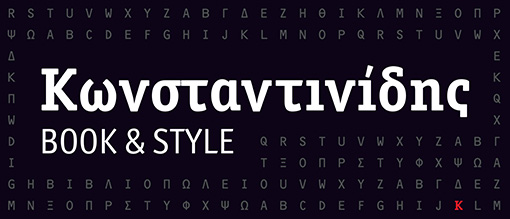Tags: HISTORY
WHY LEARN HISTORY PB
- Εκδότης: CHICAGO UNIVERSITY PRESS
- Συγγραφέας: SAM WINEBURG
- Isbn: 9780226357218
- Διαστάσεις: 229Χ152Χ0
- Αριθμός σελίδων: 240
- Ημερομηνία έκδοσης: 16/9/2018
- Διαθεσιμότητα: ΔΙΑΘΕΣΙΜΟ Αποστολή σε 5 - 10 εργάσιμες ημέρες (θα ενημερωθείτε με email για την ακριβή ημερομηνία, ανάλογα με την διαθεσιμότητα του εκδότη)
Τιμή:
22,26 €
20,03 €
"Let's start with two truths about our era that are so inescapable as to have become cliches: We are surrounded by more readily available information than ever before. And a huge percentage of it is inaccurate. Some of the bad info is well-meaning but ignorant. Some of it is deliberately deceptive. All of it is pernicious. With the internet always at our fingertips, what's a teacher of history to do? Sam Wineburg has answers, beginning with this: We definitely can't stick to the same old read-the-chapter-answer-the-questions-at-the-back snoozefest we've subjected students to for decades. If we want to educate citizens who can sift through the mass of information around them and separate fact from fake, we have to explicitly work to give them the necessary critical thinking tools. Historical thinking, Wineburg shows us in Why Learn History (When it's Already on Your Phone), has nothing to do with test prep-style ability to memorize facts. Instead, it's an orientation to the world that we can cultivate, one
